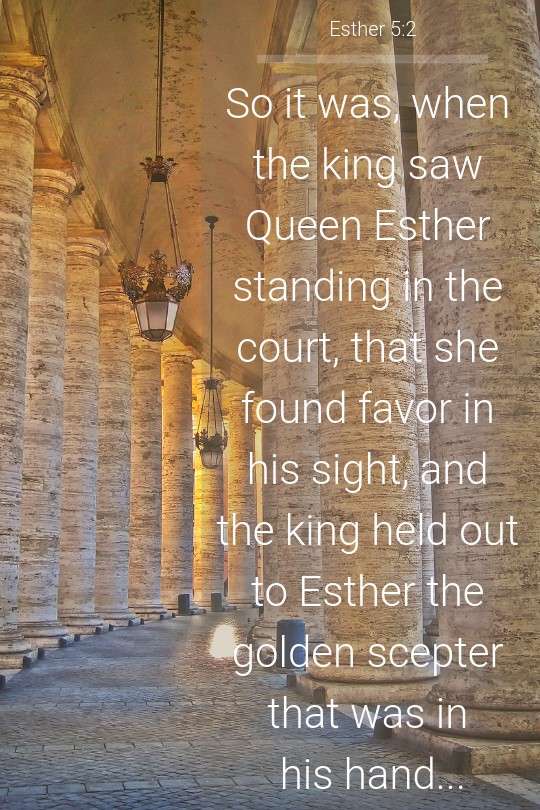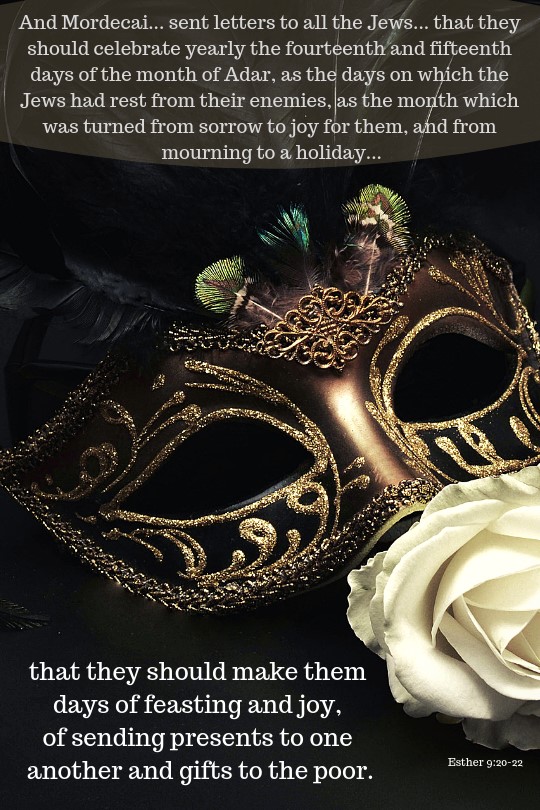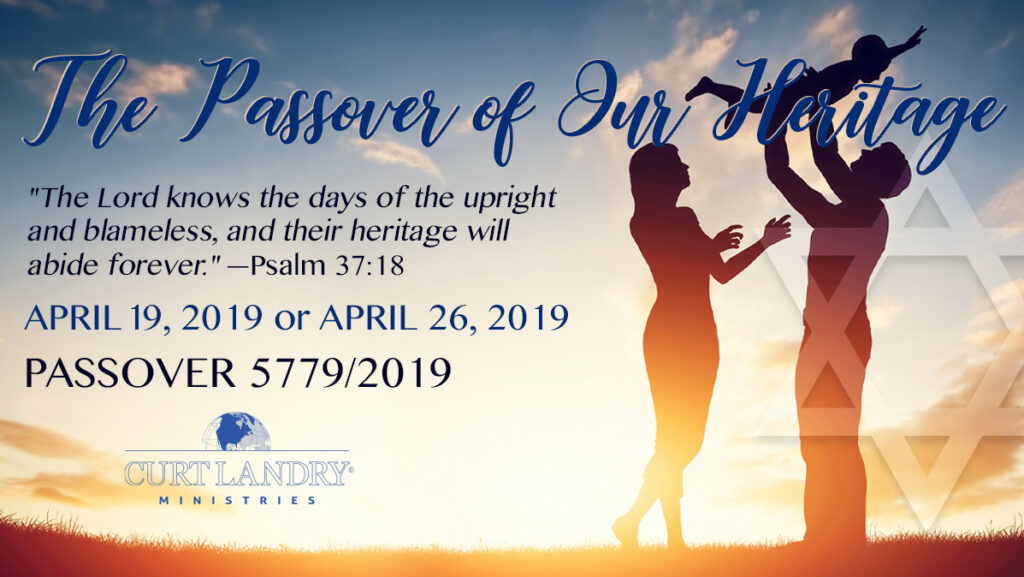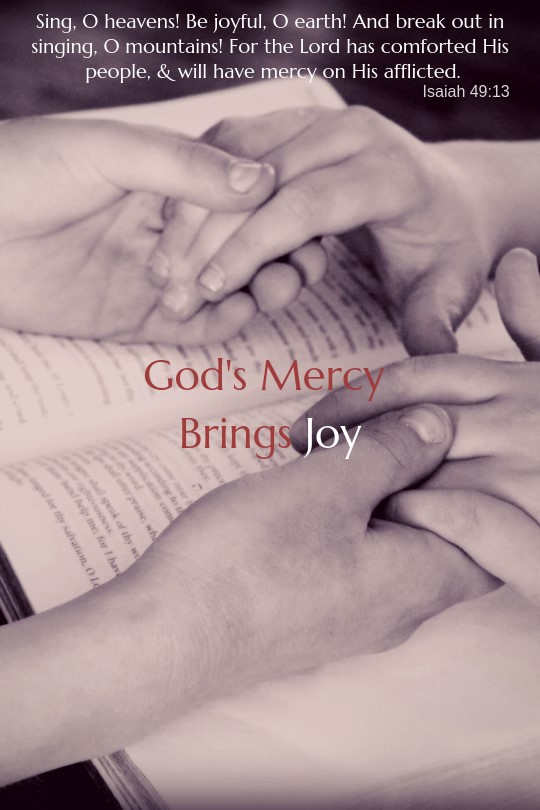Purim: Give and Rejoice
Purim: Sorrow to Joy
Celebrated on the 14th and 15th of Adar and corresponding with either February or, more commonly, March on the Gregorian calendar, Purim is a joyous holiday remembering how a day meant for the destruction of the Jewish people was transformed…
Even the name of Purim harkens back to this time. For the day meant for the Jews’ destruction was chosen by the casting of the lot, or pur—purim translating to the plural version of the Hebrew word pur, meaning ‘lots.’
Because of God’s saving grace, what should have been remembered throughout the Jewish community as a day of great sorrow is now remembered yearly as one of great joy. And it is because of this joy that many of the customs of Purim exist…

The Story of Esther, the Birth of Purim:
The story of Esther—Hadassah, as she was known before going to the palace—is remarkably well-known outside Jewish and Christian circles…
Of how Esther, the cousin of Mordecai, was taken to the palace with dozens of other candidates for the position of queen due to her beauty. Of how she carefully hid her heritage, and by the grace of God, was chosen to take the place of Vashti. Of how, even when the king had not called for her for some time, she went before the him to petition the life of her people—the Jews. Of how she risked death because she trusted in her God… because trust was all she had.
Yet, the story goes further still, for God answered the cries of His people; He saw their fasting and tears.
God used Esther’s trust in Him to turn the plans of Haman to naught… to soften the king’s heart and enact a counter-edict. One where God’s people could not only defend themselves against the first edict but come to possess the wealth of those who moved to slay them.
Because of the awesome power of God in this event; in saving the lives of Esther and His people, while bringing greater prosperity to them… God gave the sweetest act of mercy. One which Mordecai and Esther would ordain to the Jews of Persia as an act worthy of celebration; to be celebrated on the day God turned their lives from terror to joy!

Customs of Purim:
Purim, interestingly, has little in common with most Jewish holidays…
For one, it was not enacted by God Himself, despite it being a wonderful remembrance of His saving power. For another, Purim is a holiday that virtually ‘demands’ joyfulness from those who observe it. While other Jewish holidays can indeed be joyful, their purposes can, at times, be more solemn.
Because Purim is uniquely appointed in the Word to be a holiday of feasting and joy, there are many joyous customs associated with it. The earliest being those put into place by Mordecai and Esther (see Esther 9)—customs still followed today.
These initial customs include:
- Feasting
- Remembering what God did on Purim; celebrating it with gladness and joy
- Sending presents to one another
- Giving of gifts to the poor
- Celebrating for two days—because while the edict against the Jews had been for one day, the edict in their favor lasted two
- That descendants celebrate and remember the events of Purim on those two days every year—all descendants without end
While these customs are still carried out today, minor additions to them have been made… as well as wholly new customs.

Some of these additions include:
- Reading the book of Esther in remembrance—whenever Haman’s name is mentioned the listeners are supposed to “booo” loudly
- The wearing of costumes—possibly stemming from Esther having masked her Jewish identity, and name, Hadassah; alternatively it could unknowingly relate to Haman masking his evil in a cloak of princely finery, though, this is less likely as Purim is focused on God and joy
- The baking, giving, and eating of a three cornered sweet-filled pastry known as, Hamantaschen—it was named after Haman because it is believed to be akin to his hat or ears. However, since it is filled with sweetness it also fits the themes of joy and overcoming
- The tradition of giving of gifts to friends now commonly include gifting Hamantaschen; often alongside other foods and treats
- The giving of gifts to the poor—little changed—now usually has an arbitrary minimum of two gifts for the poor. It is not enforced and more often than not is exceeded
Aside from those traditions mentioned within the book of Esther, not every family or individual will engage in these newer traditions, yet, they have become increasingly common…

Children in particular love dressing up in costumes that almost always have a biblical theme. Most individuals, if they can attend a reading of the book of Esther, or read it at home, will gladly add their silly ‘booing’ of Haman. And most people—unless medically prohibitive—would have nothing against the sweet Hamantaschen…
Yet, in all these Purim traditions, it is remembering God’s mercy with joy that is at the heart of all. That is why it is celebrated with laughter. Why people gladly give gifts to one another, and to the poor.
In giving, joy and remembrance is brought to everyone. Purim is made brighter and the act of giving sets in motion something inside us… a greater generosity, a greater appreciation for life, for God, and for being kind.
How We Can Benefit from Purim:
Purim reminds us to be glad; to give so that joy may increase. It is a lesson of God’s goodness and mercy, as well as a reminder that we are to be more like Him. That the kindness, goodness, generosity and love God has placed inside of us should be shared.
We were never meant to hoard the gifts God has given us, nor to avoid fellowship.
Indeed, God desires us to not only spend time in fellowship with Him, but with others… with our brethren.
We are meant to be a light to the world, but we cannot be that light if we hide ourselves from the world, or hoard all He has given us. We are meant to share, to fellowship; to grow and be strengthened by it.
“God is faithful, by whom you were called into the fellowship of His Son, Jesus Christ our Lord.”—1 Corinthians 1:9
“…if we walk in the light as He is in the light, we have fellowship with one another, and the blood of Jesus Christ His Son cleanses us from all sin.”—1 John 1:7
“…Assuredly, I say to you, inasmuch as you did it to one of the least of these My brethren, you did it to Me.” —Matthew 25:40
“…With the same measure you use, it will be measured to you…”—Mark 4:24
“Give, and it will be given to you: good measure, pressed down, shaken together, and running over will be put into your bosom. For with the same measure that you use, it will be measured back to you.”—Luke 6:38

Let us be as Esther this year, giving of ourselves so that the joy of the Lord may reside within and around…
Let us learn from Purim. Remembering God’s goodness and mercy. Learning that the joy of the Lord is your strength—and that giving out of that joy only makes our own joy stronger.
